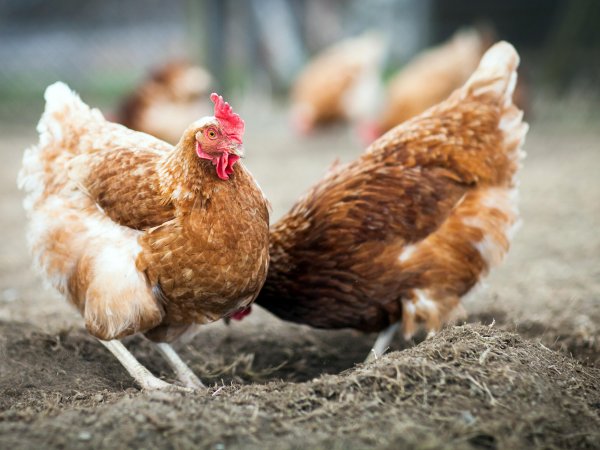What Are The Strategies For Avoiding Production Losses In Heat Stress?

Heat stress of animals are possible to decrease by following the changes below and applying feed interventions concamitantly;
- Decreasing heat production in poultry houses,
- Increasing air speed in coops by using suitable equipment and managing properly,
- Avoiding alcalosis losses in respiration,
- Decreasing the corticosterone amount in blood plasma and supporting the immunity,
- Protecting cell osmolarity and functions of the cell wall,
- Protecting goat barriers and intestines,
- Increasing nutrient density in the ration and compensating nutrient intake.
As a result of the hormonal and metabolic changes in the body of animals, performances of them are going to decrease performance and increase death risks. In order to avoid these negative circumstances;
- Animals should be fed in cool weathers and density should be decreased,
- Air speed should be increased and cooler drinking water should be provided,
- In accordance with the applicability of NAHCO3 ve KCI combinations, addition of Na+ ve K+ should be made in order to compensate negative balance and HCO3- in order to compensate respiration losses,
- Vitamin C in the ratio of 100- 150 mg/ kg, should be added in order to protect performance and immunity. Besides, betaine is required to be added in order to increase live and brisket weight,
- Powerful antioxidants should be used in order to protect goat barriers and intestines and MCFA should be added with butyrate,
- In order to compensate decreasing feed consumption, the digestible lysin and energy amount in ration should be increased at the rate of 5- 10 percentage.
Taking all of these precautions that are mentioned above, will provide avoidance for the possible losses and there won’t be any problem for animal welfare.


